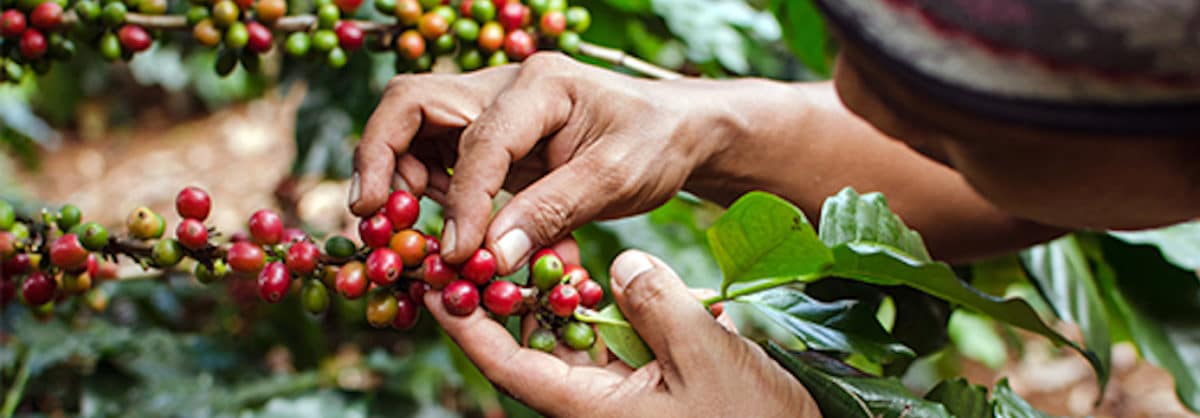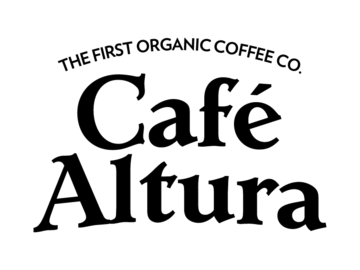
Why is Fair Trade Coffee Important?
At Cafe Altura, we believe in valuing every component of the process by which we get you exceptional products. This includes choosing to support systems which fairly compensate communities which are so integral to the farming of our beans. For us, that means proudly supporting Fair Trade products and proudly doing our part as a Certified Fair Trade roaster. If you’re a regular customer of ours you likely know the value in supporting Fair Trade products, but it’s worth looking at how the system got its start and the ways in which it benefits its members.
Fair Trade coffee as we know it now grew out of an attempt by the United Nations to regulate production levels and pricing in the 1960’s. The International Coffee Agreement of 1962 put forth quotas for production and export, and certain price ranges that exchanges had to take place within. The Agreement was meant to avoid overproduction leading to a price crash. It was periodically updated through the late 1980’s to reflect changing prices and to include stricter import and export regulations.
Then, in the late 1980’s the price regulations fell out of effect and the coffee market collapsed. Prices hit all-time lows as the market became flooded with beans that had no buyers. This chaos created the need for a stronger organizing body, leading to the creation of fair trade certification in the Netherlands. Born out of a Dutch social movement in 1988, fair trade certification was originally conceived of as a way to artificially raise coffee prices enough to allow growers to generate enough revenue to pay a living wage while turning a profit.
At the start, the movement was called Max Havelaar, after a fictional character who had opposed the exploitation of coffee farmers by Dutch colonists. In the spirit of opposing exploitative practices, the group created a fair trade insignia which it would allow producers to use if they met certain wage standards for their workers.
Throughout the 1990’s the fair trade movement gained momentum and took root in different markets. Transfair launched in Germany and later the United States, joined by The Fair Trade Foundation and Rättvisemärkt. In 1997, these four organizations came together to form Fair Trade International to jointly coordinate on the certification and regulation of Fair Trade organizations. It is Fair Trade International (previously FLO, or the Fairtrade Labeling Organization) which continues to inspect and certify growers and others along the supply chain, ensuring that their business practices are in line with Fair Trade standards.
The Fair Trade Foundation is an evolution from earlier groups which only sought to regulate production and wage levels. Since its inception, it’s estimated that the price controls, regulations and marketing efforts from the organization have helped create $551 million in revenue for farmers and producers. Part of this revenue comes through the organization’s setting of a “minimum fair price”. This price floor can be crucial for family farmers in times when prices drop below profitable levels. In 2013, when such a price drop occurred, the Fair Trade certification was able to earn farmers between an extra $0.20 to $0.50 per pound, helping to ease the harms of difficult market conditions for family farms and laborers around the world.
The additional revenue created for farms also includes $380 million for community improvement projects. These community improvement projects, in addition to working condition and wage regulations, are the Fair Trade Foundation’s way of ensuring that the value created through the program is reinvested in lasting improvement efforts. Through payments to third-party exporters who partner with the Fair Trade Foundation, funds are reinvested back into community projects. In Veracruz, Mexico, a Fair Trade Cooperative used some of their funds to build a soccer field, giving the kids in their community a safe place to play. The projects vary from place to place, including community and health centers, as well as educational facilities and scholarship incentives for the children of farmworkers. And it’s left up to the individual communities to decide what use of the funds will best suit their needs.
It’s this focus on overall worker and community well-being, in addition to promoting fair wages and trade practices, that makes Fair Trade coffee worth the premium price. With the majority of the world’s poor population being involved in farming, equitably compensating farmers and investing in their communities isn’t just the right thing to do, it’s a meaningful step toward lifting people all over the world out of poverty. We strongly believe that everyone who contributes to the products we produce and consume ought to reap their fair share of the revenue, and for that reason, we are strongly behind Fair Trade coffee. We are proud to support the Fair Trade system as a certified FT roaster and will continue to strive to ensure that the products we sell contribute to an equitable and just system for all.
